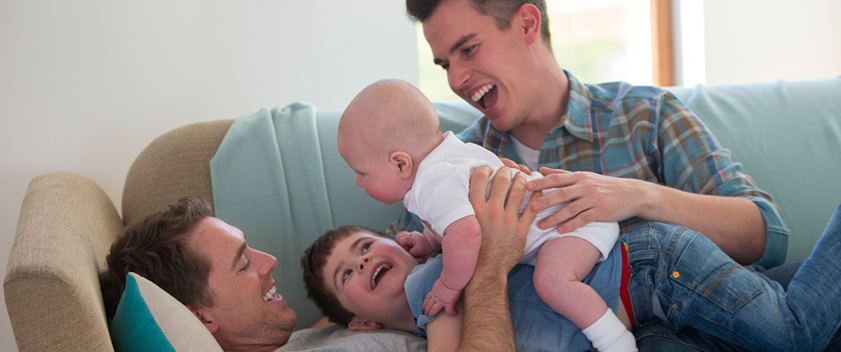
If you’re thinking about fostering then you’re bound to have plenty of questions so check out those most frequently asked below to find the answers you are seeking.
Of course we’re always happy to talk to you as well, so if you cannot find an answer below or would like further information then please do get in touch. Visit our ‘Contact Us‘ page to find out how.
